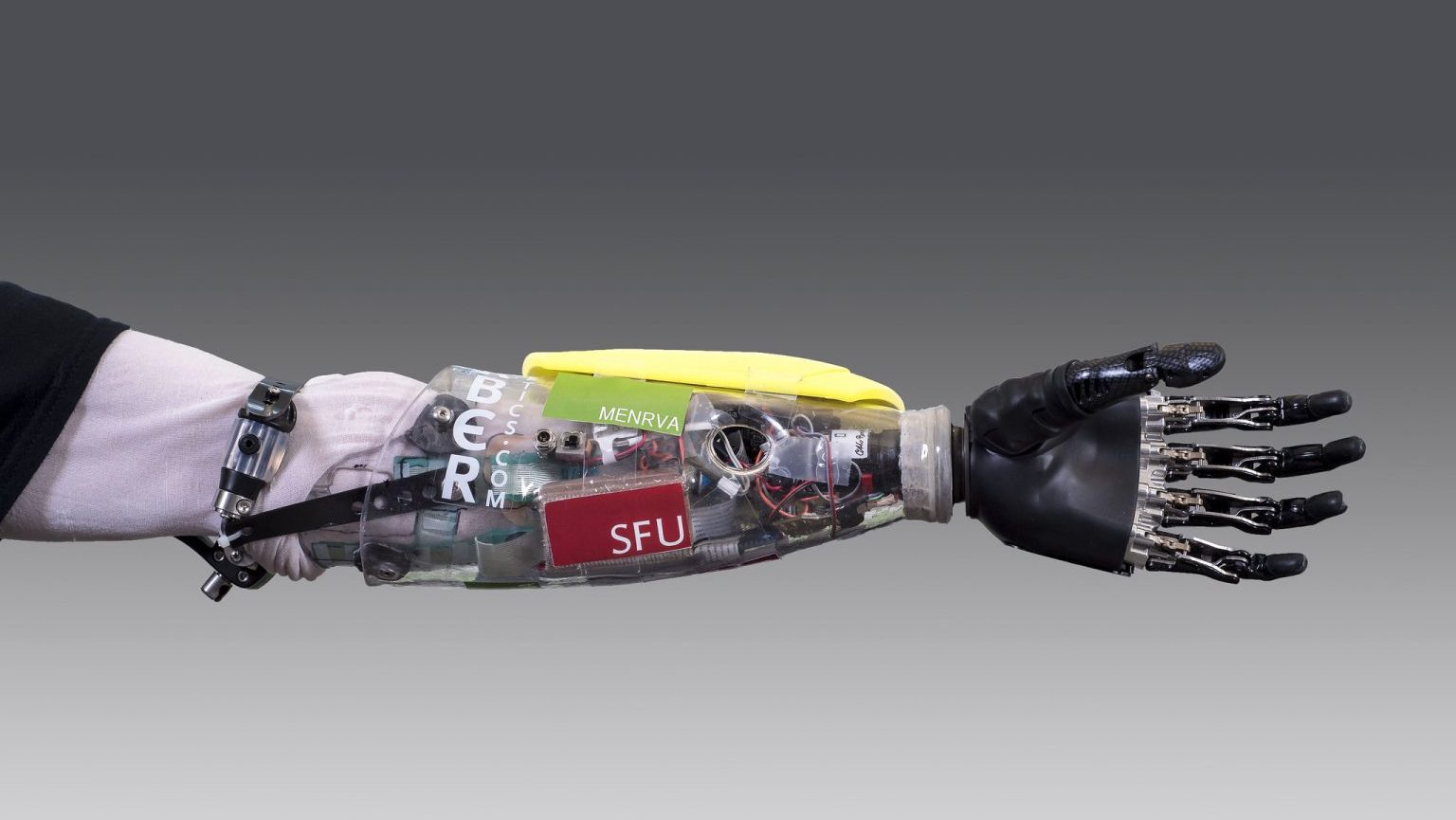Consider how much more beautiful and authentic and sophisticated and accurate our world would become if we could appreciate the key terminologies of all cultures.
Today I would like to talk about three notions that are likely to influence the way we write in the future. The first is the End of Translation, the second is the Competition for Terminologies, and third is the Future of Global Language.
Let me start with the End of Translation, and I will talk about it in the context of the Chinese language: Chinese words are largely underrepresented in the English language. Of course, we have adopted some loanwords like kungfu or yin and yang; but the cast majority of unique Chinese terminologies are still unknown to the West. What’s the reason for that? The main reason is that –commencing from the 17th century and onwards- the entire Confucian tradition has mainly been translated into European biblical and philosophical terminologies. As a result we don’t know much about the Chinese tradition at all. Did you know that the Chinese have a very unique archetype of wisdom called the shengren? Well, Confucius is a shengren. Unfortunately, European missionaries often translate the shengren as philosophers, saints, or sages. The consequences of this are enormous. Well, the problem is, is this really ethical, scientific, or even legal to translate Chinese terminologies into European words in this 21st century of knowledge and cultural, intellectual property rights? I don’t think so.
That leads me to my second point: the Competition for Terminologies: Think about this: Capitalism teaches to compete for natural resources, for market shares, and for human capital. Less is known to the people that we also compete for names. Think about it as branding and marketing strategies. Whoever owns the language, owns knowledge. If you think back in history, when St. Jerome translated the Hebrew bible into Latin, he basically ended the Hebrew world order. Later, the protestant reformer Martin Luther translated the Latin bible into the German language; which of course set into march the German Empire. So language and words do matter. Why is it that in our age brand names like ‘Coca-Cola’ or ‘Microsoft’ enjoy greater legal protection that the entire output of, say, the Indian and Chinese civilizations in 3000 years? If you think about Hindu words that are already known in the West like dharma, karma, yoga, pundit, guru, or avatar, or even Japanese loanwords like kimono, tsunami, sushi, sashimi, oni, kami, and the lot, then we could say that the Hindu and Japanese civilizations are already far ahead of the Chinese one when it comes to make their originality heard in the West. So, in this respect, China –and maybe other civilizations as well- has to catch up. Imagine, this is only the beginning! How much more beautiful and authentic, and sophisticated and accurate, our world would become if we could appreciate all other culture’s key terminologies.
Which of course leads me to the last point of my talk: the Future of Global Language: You see, we need not to stop translation entirely because we want to communicate with foreigners, and that is alright. But when it comes to important terms and key terminologies of the host culture, we should not translate them but rather we should adopt them. Some people say this is madness. We cannot free the words. We can free land, and people, we can free women and children, we can free countries from oppression and from injustices done to them, but we cannot free the words, Mister! Well, I don’t think so. I think that the time is right and that the people in the world are actually ready for non-European terminologies!
This ‘carelessness’ that we did in the past with words and other people’s inventiveness and originality ideas has to stop. The only way, as I see it, to create the global language is really to find a scientific way to adopt as many key terminologies as possible and to unite all the languages’ vocabularies into one. Any one national language is not enough, Ladies and Gentlemen, because Knowledge is a Polyglot.
Peking University, Modern Educational Technology Center
Commissioned by Big Think; © Big Think





